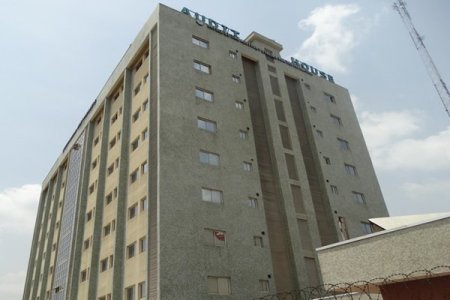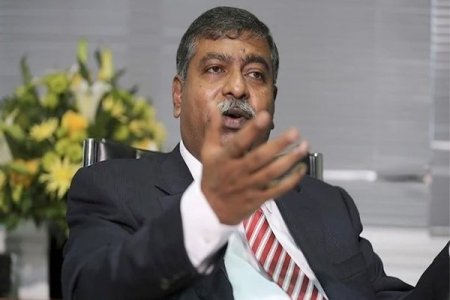
Nigeria’s Auditor-General uncovered N197.72bn in contract irregularities across MDAs, including payments for unexecuted jobs and procurement violations. The Rural Electrification Agency and NBET led in irregularities, highlighting systemic corruption. Experts urge stricter enforcement of procurement laws and accountability to curb financial mismanagement and restore public trust in governance.
Nigeria’s Auditor-General of the Federation (AuGF) has uncovered alarming financial irregularities amounting to N197.72 billion in contracts awarded by various ministries, departments, and agencies (MDAs). These findings were revealed in the AuGF’s Annual Report on Non-Compliance and Internal Control Weaknesses, covering the period between 2020 and 2021.
Irregularities in 32 MDAs marred contracts worth N7.386 billion. The Rural Electrification Agency (REA) recorded the highest irregularities at N2.12 billion, while the Nigerian Security Printing and Minting Company (NSPM) reported the least, at N11.7 million. Payments amounting to N167.59 billion were made for jobs either partially executed or not executed at all, violating financial regulations. The Nigerian Bulk Electricity Trading Plc (NBET) topped this category with N100 billion in questionable payments. Contracts totaling N20.33 billion were awarded without adhering to the Public Procurement Act (PPA) 2007. NSPM was responsible for N14.14 billion of these violations, the highest among 24 implicated MDAs.
The Auditor-General’s report highlights systemic failures in adhering to Nigeria’s financial regulations and procurement laws. It exposes a troubling pattern of payments for undelivered services and disregard for due process in contract awards.
Experts and civil society groups have expressed concern over the scale of corruption detailed in the report. Analysts warn that such financial mismanagement undermines governance, disrupts economic progress, and erodes public trust.
Calls for immediate investigations and sanctions against culpable officials have intensified, with anti-corruption advocates urging stricter enforcement of procurement laws and enhanced oversight mechanisms. This revelation adds to Nigeria’s growing corruption woes, as a 2023 National Bureau of Statistics report indicated that citizens paid N721 billion in bribes to public officials within the year.





